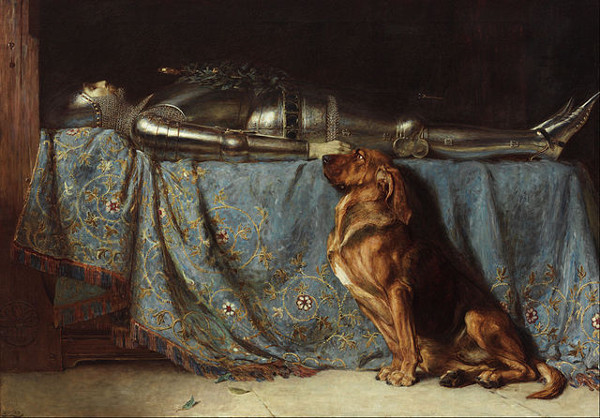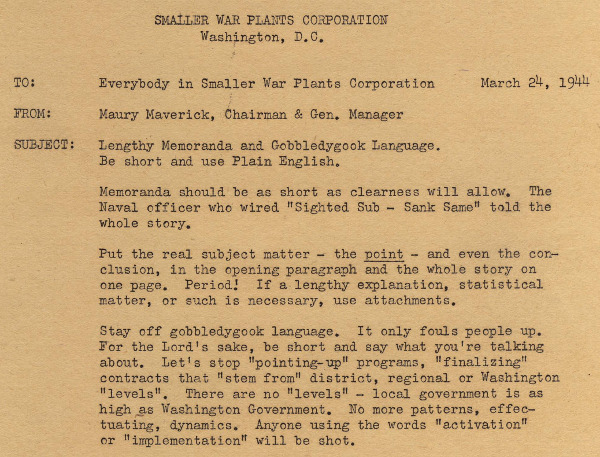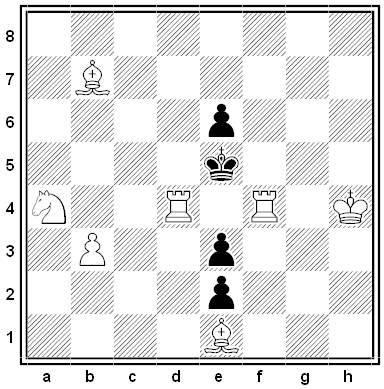Podcast Episode 104: The Harvey’s Casino Bombing

In August 1980, an extortionist planted a thousand-pound bomb in Harvey’s Wagon Wheel Casino in western Nevada. Unless the owners paid him $3 million within 24 hours, he said, the bomb would go off and destroy the casino. In this week’s episode of the Futility Closet podcast we’ll describe the tense drama that followed and the FBI’s efforts to catch the criminal behind it.
We’ll also consider some dubious lawn care shortcuts and puzzle over why a man would tear up a winning ticket.
The Vague Specific
In Collier’s in 1949, Richard B. Gehman identified a troubling feature of American language — the tendency to refer to specific things vaguely.
“Say, what about all those things in the front room?” his wife had asked him, supposing that he knew what she meant. “I didn’t,” Gehman wrote. “For all I knew, ‘those things’ could have been the furniture, books, rugs, magazines, lamps, or the remnants of a sandwich I’d been eating.”
Some more examples:
- “Here,” my wife said, “you can take these. … Put them with those things behind the others.”
- “Remember the girl from the place with the stuff? Well, she’s here.”
- “The men came today.” (Gehman tried asking, “What did you tell them?”, but she only answered, “I told them to go ahead.”)
- “Do you remember that time we were at the shore, and it rained?”
- “When was it that we had the Coes over?”
- “The woman’s here for the money.”
- “What was the name of that couple we met the time we went to the Zeamers’?”
- “What’s the name of that fellow who drives the truck?”
A neighbor appeared at Gehman’s door one day and asked his help in repairing a washing machine — his wife had said that the thing on its side was acting funny. “He sighed, and asked if I had anything to drink in the house.”
“A Victim of Irregularity”
Though no great catch, this man was caught,
And neighbors tell, I’m told,
That oft, with scratch, his face was scraught,
Till fearful yells he yold.
In sink of sadness almost sunk,
To quit all strife he strove —
And after he a think had thunk,
A happier life he love.
To steal a kiss, no more he stole;
To make a break, he broke;
To remedy the deal he’d dole,
A secret sneak he snoke.
Fate’s dice with crafty shake he shook;
As gamblers feel he felt;
But ere the final stake he stook
A bitter squeal he squelt.
Of earlier days, I think, he thought,
Ere Hymen’s bonds had bound —
Before his links were firmly lought —
When he by blond was blound.
A stroke for liberty he struck;
For in a fly he flew —
But though full many a joke he juck,
A secret cry he crew.
Then stings of conscience no more stung,
And so in peace he slept;
For, on the wings of Morpheus brung,
In Paradise he pept.
— George B. Moregood, Puck, Oct. 2, 1912
Good Boy

The best dog breeds to sit for paintings, according to British artist Briton Rivière:
The best dog to sit is an animal which I am afraid I must admit I thoroughly dislike — an intelligent poodle. Many dogs are a long time before they grasp what is wanted of them, and one has to go through no small amount of patience to get them to behave themselves. The most restless sitters are the collie and the deerhound. Still, notwithstanding their restlessness, I am very fond of both, and have frequently painted them. Perhaps the dog I admire most is the bloodhound; but, as a matter of fact, I am fond of all short-haired dogs.
He also found greyhounds and fox terriers to be restless. “Some dogs are very difficult to manage, but however awkward and ill-tempered a dog may be, in time he gets used to the studio. I have watched a dog for hours at a time, until I have been able to get exactly what I wanted, for however troublesome an animal may be, it is only a question of waiting, when you will be sure to get what you want.”
(From The Strand, January 1896.)
Clear Purpose
In 1944, manager Maury Maverick sent this memo to the workers at his government agency:

This is the first known usage of gobbledygook to refer to obscure jargon. It wouldn’t be the last.
(From the National Archives.)
“Courage”

A poem written by Amelia Earhart in 1928:
Courage is the price that
Life exacts for granting peace.
The soul that knows it not, knows no release
From little things:
Knows not the livid loneliness of fear,
Nor mountain heights where bitter joy can hear
The sound of wings.
How can life grant us boon of living, compensate
For dull grey ugliness and pregnant hate
Unless we dare
The soul’s dominion? Each time we make a choice, we pay
With courage to behold the resistless day,
And count it fair.
“Please know I am quite aware of the hazards,” she wrote in a final letter left to her husband. “I want to do it because I want to do it. Women must try to do things as men have tried. When they fail, their failure must be but a challenge to others.”
The Discursive Dilemma
The employees of a company are trying to decide whether to give up a pay raise so they can afford to install a workplace safety measure. Each employee will vote for the sacrifice if she thinks the danger is sufficiently serious, if the safety measure is sufficiently effective, and if the pay sacrifice is sufficiently bearable. Otherwise she’ll vote against it. The three employees come to this result:

This is troubling: A majority of employees supports each of the criteria, and yet each of the three resolves to reject the proposal. If the employees reach their decision by comparing their views about the measure as a whole, then they’ll reject the pay sacrifice. But if they compare their views about each criterion, they’ll accept it.
Princeton philosopher Philip Pettit worries that this phenomenon makes it impossible for us to make confident statements about the beliefs of a group. “Going the conclusion-driven way means adopting a course that is inconsistent with the premises endorsed by the group, and going the premise-driven way means adopting a course that a majority individually reject.”
Both outcomes are undesirable. “Going the first way means sacrificing collective rationality for the sake of responsiveness to individuals, going the second means sacrificing responsiveness to individuals for the sake of collective rationality.”
(Philip Pettit, “Deliberative Democracy and the Discursive Dilemma,” Philosophical Issues 11:1 [2001], 268-299.)
Couplet
From the postscript to a 1737 letter by Jonathan Swift — “Here is a rhyme; it is a satire on an inconstant lover.”
You are as faithless as a Carthaginian,
To love at once Kate, Nell, Doll, Martha, Jenny, Anne.
Moving Pictures
In 1864 a photographer employed by Mathew Brady used a four-lens camera to record activity at a Union Army wharf along Potomac Creek in Virginia. The four images were taken in quick succession, so staggering them produces a crude time lapse of the events they record:
In effect they present a four-frame film, perhaps the closest we’ll come to a contemporary movie of life during the Civil War. Here are a few more, all taken in Virginia in 1864:
Union cavalry crossing a pontoon bridge over the James River:
Traffic in front of the Marshall House in Alexandria:
Union soldiers working on a bridge over the Pamunkey River near White House Landing:
There’s more information at the National Park Service’s Fredericksburg & Spotsylvania National Military Park blog.

